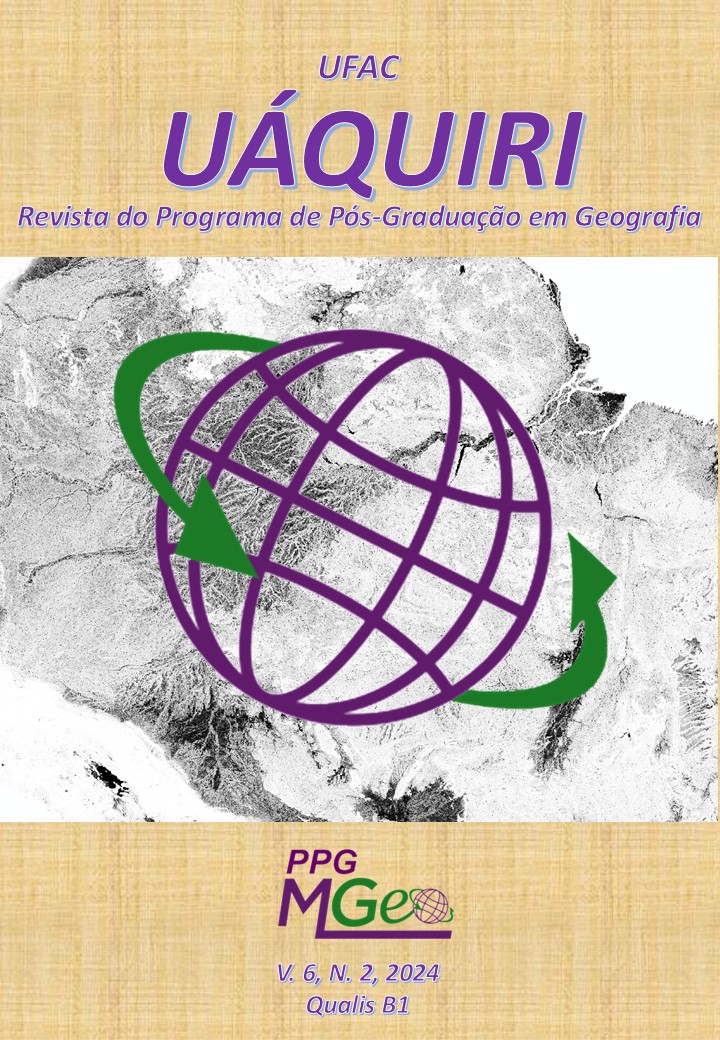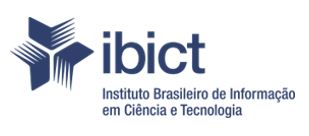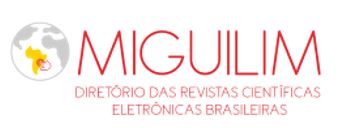IMPACT OF HUMAN ACTIVITIES IN THE AMAZON BASIN
DOI:
https://doi.org/10.29327/2151710.6.2-4Keywords:
Palavras-chave: Desmatamento; Mineração; Agricultura Intensiva; Qualidade da Água; SustentabilidadeAbstract
The present work investigates the impact of human activities in the Amazon basin, focusing on the consequences of deforestation, mining and intensive agriculture on the quality of water resources and aquatic ecosystems. The Amazon basin, one of the most important hydrographic regions in the world, suffers from environmental degradation generated by economic practices that, although essential for regional development, compromise the biodiversity and sustainability of the area. The main objective of this research is to evaluate how these activities affect the availability and quality of water in Amazon rivers, in addition to proposing mitigation and conservation measures for water resources. The methodology applied included bibliographic review on academic platforms such as Google Scholar and SciELO. Statistical analysis of the collected data made it possible to identify correlations between the main degradation factors and the conditions of aquatic ecosystems. Partial results indicate that deforestation has led to a significant increase in river turbidity, in addition to greater concentrations of sediment, which harms aquatic fauna and the quality of water used by local communities. Mining, especially gold extraction, has caused the contamination of rivers with heavy metals, such as mercury, affecting the health of riverside populations and compromising the sustainability of river ecosystems. Intensive agriculture contributes to the increase in nitrate and phosphate levels, generating the eutrophication of rivers and the loss of biodiversity. The research concludes that human activities are generating irreversible impacts on water resources in the Amazon basin, and it is urgent to implement public policies that promote the sustainable management of these resources. Strengthening supervision, restoring degraded areas and promoting sustainable agricultural and mining practices are fundamental to reversing current degradation. Furthermore, it is crucial to involve local communities in decision-making and value traditional knowledge as part of conservation strategies.
Keywords: Deforestation; Mining; Intensive Agriculture; Water Quality; Sustainability
Downloads
References
ALMEIDA, M. D. et al. Perda de mercúrio dos solos após conversão de floresta para pastagem em Rondônia, Amazônia Ocidental, Brasil. Poluição Ambiental, v.137, p.179-86, 2005
CECH, T. V. Recursos hídricos: história, desenvolvimento, política e gestão. Rio de Janeiro: LTC, 2013.
DIAS, B. F. S. Balanço da biodiversidade na Amazônia: uma introdução ao desconhecido. Seminário Especial: "A Biodiversidade como Estratégia Moderna de Desenvolvimento da Amazônia". Estudos e Pesquisas, INAE - Instituto Nacional de Altos Estudos, Rio de Janeiro, n.17, set. 2001.
FERREIRA, L.V.; VENTICINQUE, E.; ALMEIDA, S. O desmatamento na Amazônia e a importância das áreas protegidas. Estudos Avançados, v. 19, n. 53, p. 157-166, 2005.
FREITAS, C. E.; SIQUEIRA-SOUZA, F. K.; FLORENTINO, A. C.; HURD, L. E. A importância das escalas espaciais para a análise da diversidade de peixes em lagos de várzea amazônica e implicações para a conservação. Ecologia de Peixes de Água Doce, v. 23, n. 3, p. 470-477, 2010.
GONÇALVES, R.S et al. Avaliação do impacto de políticas públicas federais no processo de desmatamento na Amazônia. Revista de Administração e Negócios da Amazônia, v. 5, n. 1, p. 1-19, 2017.
LACERDA, L. D. Emissões de mercúrio na Amazônia. Natureza, v.374, p.20-1, 1995.
RESENDE, A. V. Agricultura e qualidade da água: contaminação da água por nitrato. Planaltina. Brasília: Embrapa Cerrados, 2002. 29p.
SCHAEFER, S. Conflito e resolução: impacto de novos táxons nos estudos filogenéticos dos cascudinhos neotropicais (Siluroidei: Loricariidae). In: Malabarba LR, Reis RE, Vari RP, Lucena ZMS, Lucena CAS (eds) Phylogeny and classification of neotropical fishes. EdiPUCRS, Porto Alegre, pp 375–394, 603p, 1998
SCHMITT, J.; SCARDUA, F.P. A descentralização das competências ambientais e a fiscalização do desmatamento na Amazônia. Revista de Administração Pública, v. 49, n. 5, p. 1121-1142, 2015
TARGA, M. S.; BATISTA, G. T. Benefícios e legado da crise hídrica no Brasil. Revista Ambiente & Água,v. 10 n. 2, p. 234 -239, 2015. http://dx.doi.org/10.4136/ambi-agua.1629 » https://doi.org/http://dx.doi.org/10.4136/ambi-agua.1629
TUNDISI, J. G.; TUNDISI, T. M. Limnologia. São Paulo: Oficina de Textos, 2008
WILSON, O. E. Mapa global de biodiversidade. Ciência, v.29, p.289, 2000.










